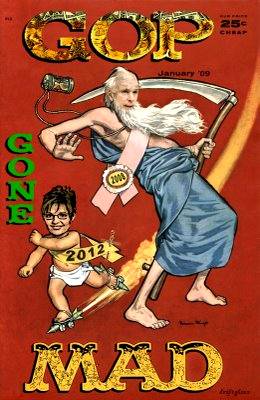In another sign of the music industry's recently announced retreat from a five-year-old antipiracy strategy, the Recording Industry Association of America has dumped the company it used to help it gather evidence for mass lawsuits it filed against people it claimed were illegally uploading copyrighted music.
The RIAA long used a company called MediaSentry to troll the Internet in search of people who uploaded large amounts of music. The information that MediaSentry collected became an integral part of the RIAA's aggressive litigation campaign. Since 2003, the RIAA -- a trade organization representing Vivendi SA's Universal Music Group, Sony Corp.'s Sony BMG Music Entertainment, EMI Group Ltd. and Warner Music Group Corp. -- has sued around 35,000 people for what it says are illegal music uploads.
Now the RIAA will be rid of a company that became a frequent target of civil-rights advocates and others who complained that the RIAA's legal tactics were excessive. MediaSentry is a unit of closely held, Belcamp, Md.-based SafeNet Inc.
Ray Beckerman, a New York lawyer who maintains the Recording Industry vs. the People blog and who has represented more than a dozen clients fighting the RIAA, said he considered the decision to drop MediaSentry a "victory" for his clients. MediaSentry representatives "have been invading the privacy of people. They've been doing very sloppy work," he said.
Mr. Beckerman cites MediaSentry's practice of looking for available songs in people's file-sharing folders, downloading them, and using those downloads in court as evidence of copyright violations. He says MediaSentry couldn't prove defendants had shared their files with anyone other than MediaSentry investigators.









 Brace yourself. It's going get rocky soon. We are about to have a very bright man as our president. And we've been away from that territory for a very long time.
Brace yourself. It's going get rocky soon. We are about to have a very bright man as our president. And we've been away from that territory for a very long time.

 AMERICANS enter the New Year in a strange new role: financial lunatics. We've been viewed by the wider world with mistrust and suspicion on other matters, but on the subject of money even our harshest critics have been inclined to believe that we knew what we were doing. They watched our investment bankers and emulated them: for a long time now half the planet's college graduates seemed to want nothing more out of life than a job on Wall Street.
AMERICANS enter the New Year in a strange new role: financial lunatics. We've been viewed by the wider world with mistrust and suspicion on other matters, but on the subject of money even our harshest critics have been inclined to believe that we knew what we were doing. They watched our investment bankers and emulated them: for a long time now half the planet's college graduates seemed to want nothing more out of life than a job on Wall Street.


